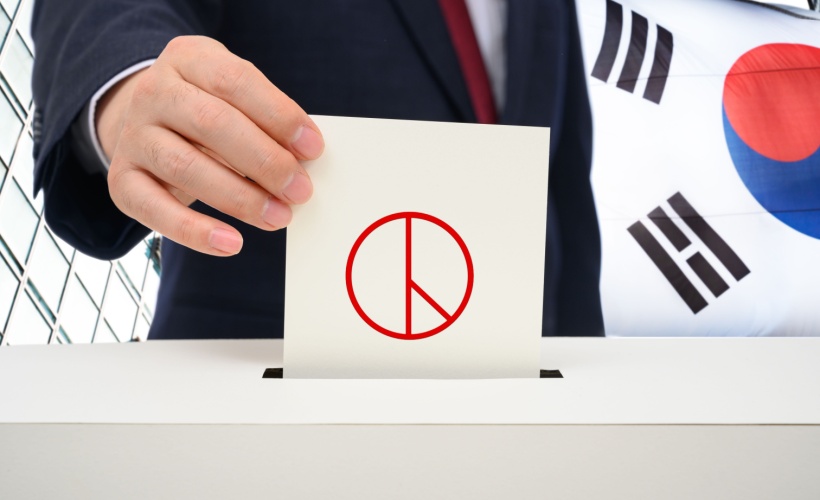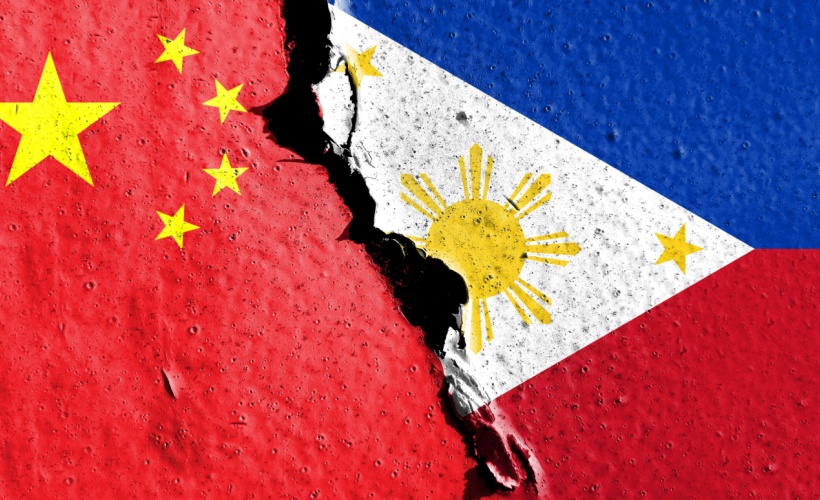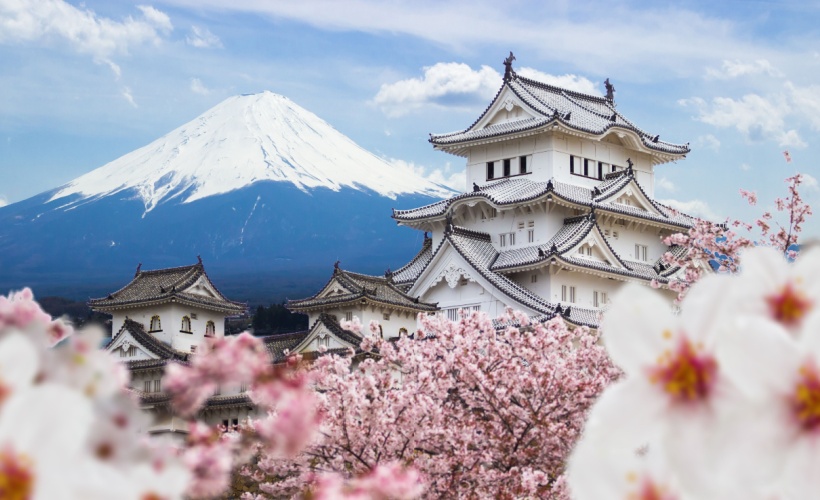By Professor Bill Hurst, Deputy Director
I am on record 20 years ago, in print, warning that scholars of Chinese politics, “confronting an increasingly opaque central decision-making apparatus should not succumb to baseless Kremlinological speculation, but rise to the challenge and make more resourceful and considered use of the available empirical indicators” (Dittmer & Hurst 2002/2003: 48). The time has come, I fear, to set aside that sage advice and to indulge (at least a bit) in the very vice I once called upon others to eschew. We’ll know in a month or so whether it was wise to do so.
In just over two weeks, much of the world’s attention will focus on Beijing as the Chinese Communist Party (CCP) convenes its 20th Party Congress on 16 October. This iteration of the quintennial event is considered especially meaningful because the 69-year-old General Secretary Xi Jinping is assumed to be seeking (and presumably will be granted) a third term in office, which would see him remain in power until at least 2027. Though common in earlier periods, such continuity represents a sharp departure from conventions put in place by Deng Xiaoping after 1989, under which CCP leaders served no more than two terms and all members of the Politburo Standing Committee (PBSC) were expected to retire at the end of any term in which they reached or passed 70 years of age (and not to begin a new term after reaching the age of 68). A great deal of attention will thus likely focus on who’s up and who’s down, who is reappointed to the PBSC, and who is not. This is not unimportant, but there are other things to watch for as well.
In terms of leadership personnel, it does indeed appear all but certain that Xi will continue as General Secretary and Number One on the PBSC. But it isn’t clear to me that all other members of the PBSC will go. Li Keqiang, current Number Two and serving Prime Minister of the PRC, seems likely to depart. Though younger than Xi, he has served on the PBSC for three terms, having first been appointed in 2007. He is also due to be term-limited out of office as PM next March. While it is conceivable that he could stay on without a state post, or in a different role, I would bet that he is replaced. Li has handled day-to-day economic policy and other key matters while never challenging Xi’s ultimate authority in the Party, but it is probably safer to replace him with a younger and purer Xi loyalist. Current Number Three Li Zhanshu is 72 and seems likely to retire. Beyond those, however, Wang Yang and Wang Huning are key experts on economic policy and ideology, respectively, who have served Xi’s leadership very well, are still relatively young, and might be useful to retain. Zhao Leji and Han Zheng, important figures, respectively, in Party discipline and Hong Kong policy, appear even more closely tied to Xi. Though Han is 68, Zhao is only 65. I would venture to guess, therefore, that we will see Li Keqiang, Han Zheng , and Li Zhanshu replaced, while other PBSC members will probably be retained. Barring any tremendous surprise, however, I do not expect personnel changes to be the most important part of the Congress.
Far more influential will be any changes in policy direction, which can often come at Party Congresses. Since assuming power a decade ago, Xi Jinping has grasped for an overarching policy and ideological framework. Two constants have been a desire to elevate the role of the state and Party, relative to the market and society, and increasingly determined attempts to restore an ideational basis for what we might call the CCP’s ‘positive power’ (that is, the power to inspire loyalty, sacrifice, and dedication among Chinese citizens). Formulations such as the ‘China Dream’ and ‘Common Prosperity’ have been put forward in support of these goals and clearly, much progress has been made, but it is also clear that Xi and others are not yet satisfied – a deep anxiety over the Party’s future legitimacy and the state’s ability to control and mobilise China’s economy and society remains. I will be looking, therefore, for any signs of a new ideological construct or substantially different policy direction (especially on the economy) that might emerge at the Congress. Notably, however, I do not expect any changes to China’s much-criticised ‘Zero Covid’ policies or the arguments used to justify them.
On foreign policy, it is quite possible that we’ll see an end to (or, at least, a downgrading of) the ‘One Belt, One Road’ initiative. New global initiatives might be launched. But, more likely, the Congress might signal a shift to a less ambitious global agenda combined with a more assertive regional posture. Mindful of its slowing economy (in part dragged down by Covid) and other tensions at home, as well as its relative unpopularity internationally, China may likely take at least a small step back from efforts to project soft power, drive global investment markets, or increase its influence in faraway parts of the world. At the same time, concerned about security threats and keen to augment its position as at least a contender for regional hegemony and global power status, China may well adopt bolder and more strident policies in areas it sees as key to national security on its periphery or ‘near abroad’ – not least in the Korean Peninsula, Central Asia, mainland Southeast Asia in the South China Sea, and over Taiwan.
While personnel changes and Xi’s personal power plays are important, possible signals of meaningful shifts in economic management, ideological mobilisation, foreign policy, or national security posture will be what I’ll especially be watching for when the music plays and the delegates march in – what is said ought to matter at least as much as who is on stage or in what order.







